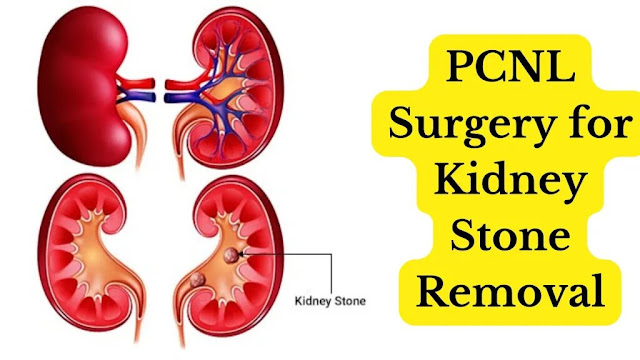he kidney via the ureters, the tubes that carry urine from the kidneys to the bladder. Stones in the kidney can occur because of factors such as dehydration, dietary choices, family history, etc. However, the good news is that almost all the risk factors responsible for kidney stones are within control, and a few changes in diet can make a significant difference. Here, we will discuss the role of diet in preventing kidney stones based on conversation with Dr. Niren Rao, a urologist renowned for performing kidney stone surgery in Delhi.
What are the Dietary Recommendations That Help Prevent Kidney Stones?
A diet recommended to prevent kidney stones focuses on certain dietary adjustments that help prevent the formation of kidney stones. These include:
1. Limit the Intake of Salt
Salt tends to increase the amount of calcium in the urine. It is important to restrict salt intake to no more than 2300 mg per day. Therefore, choose "low salt" or "no added salt" foods. Moreover, avoid adding extra salt during cooking. Alternatives to salt include lemon juices, vinegar, dry mustard powder, dried herbs, etc.
2. Avoid Vitamin D Supplements
Excessive Vitamin D intake without sunlight exposure leads to kidney stone formation. Individuals who have a history of kidney stones must exercise proper caution and avoid Vitamin D supplements.
3. Maintain Proper Hydration
Make sure you consume the right amount of water. Avoid having black tea and orange tea as they are high in oxalates. To avoid weight gain, avoid grapefruit juice, cranberry juice (if you consume more than 500ml per day), and sugary drinks.
4. Limit the Intake of Oxalate-rich Foods
According to Dr. Niren Rao, the best urologist in Delhi, reducing oxalate in the diet helps reduce oxalate levels in the urine. To do this, limit the intake of nuts, chocolate, berries, beetroot, spinach, sweet potato etc.
5. Consume Lemon Juice For Citrate
Lemon juice is a good source of citrate which helps prevent kidney stones formation. Individuals can drink 100 ml of lemon juice every day, mixed with water.
Which Foods Must Be Included in a Diet Plan To Prevent Kidney Stones?
You must include the following list of foods in your daily diet plan:
- Grains such as barley, rice flakes, rice, bread, and maize
- Legumes such as black gram dal, peas, soya beans, and green gram dal
- Proteins such as chicken, egg whites, and freshwater fish
- Fruits and vegetables that have low and medium potassium levels
- Beverages such as green tea, barley water, and tea.
Which Foods Must Be Excluded From a Diet Plan To Prevent Kidney Stones?
You must exclude the following list of foods from your daily diet plan:
- Grains such as bajra, cereal choices, and ragi
- Proteins such as pork, beef, organ meat, and seafood
- Legumes such as beans, sprouts, and chickpeas
- Beverages such as Horlicks, bournvita, jaggery, sugar, and honey (especially for diabetic patients).
Nutritional Guidelines For Kidney Stone Patients
- Have small meals throughout the day.
- Avoid having calcium and high-dose vitamin C supplements.
- Ensure you remain hydrated throughout the day.
- Enhance the flavor in cooking by using whole spices and a few drops of lemon as a substitute for salt.
- Avoid having spicy food as it makes individuals more thirsty.
Are Kidney Stones Bothering You? Seek an Effective Treatment!
There is no single diet plan for preventing kidney stones. However, if you cannot get rid of kidney stones, you can consult a kidney stone doctor who can determine the size and shape of the stone with the help of X-rays, ultrasounds or CT scans. Consider consulting Dr. Niren Rao, a leading urologist at Delhi Urology Hospital, who can help you decide whether the stone is small enough to pass without treatment.
If the stone is too large to pass on its own, the patient would need a procedure to get rid of the kidney stone. These include percutaneous nephrolithotomy (PCNL), used to treat stones more than 2 cm in size, or retrograde intrarenal surgery (RIRS), used to treat stones as small as 15-20mm.
What is the Cost of Kidney Stone Surgery?
At Delhi Urology Hospital, the kidney stone surgery cost in Delhi varies depending on a range of factors. These include the type of surgery being performed, the severity of the patient’s condition, medications, etc. The cost of percutaneous nephrolithotomy (PCNL) surgery ranges between Rs. 35,000-40,000, whereas the cost of retrograde intrarenal surgery (RIRS) starts at Rs. 60,000.
To know the exact cost of these surgeries, visit Delhi Urology Hospital today!

Comments
Post a Comment